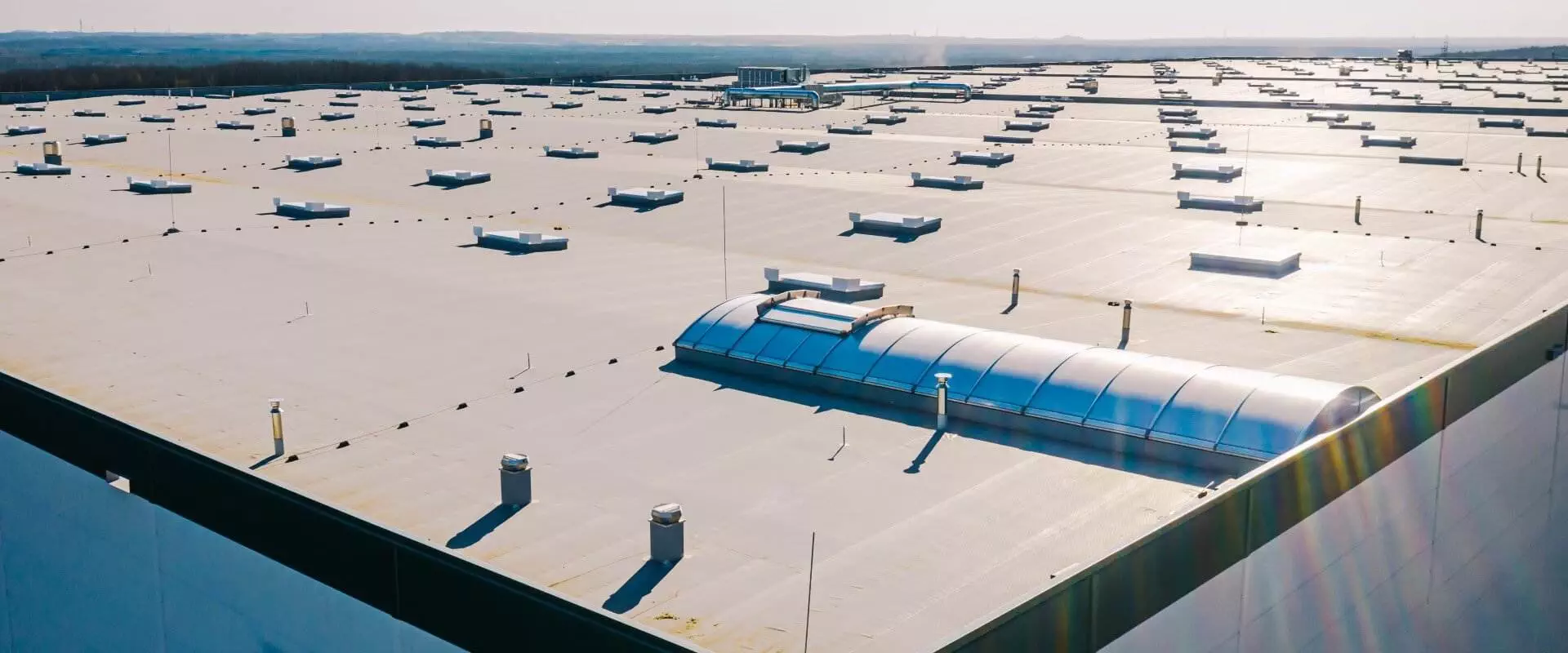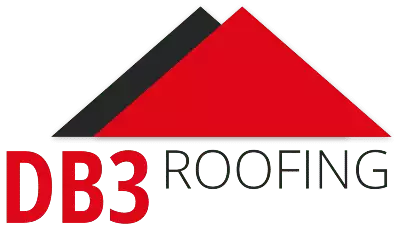
The truth is that roofs don’t last forever, so when it’s time to replace the roof over your business premises, it’s also an excellent opportunity to look at other roofing materials. Although the roofing business is slow to adopt new materials, the average lifespan of a quality roof is such that by the time you need to have it replaced, better roofing materials with a longer potential lifespan and better energy-efficient properties are often already established in the trade.
A roof is a roof, meaning there is no distinction between purely residential, commercial and industrial roofs, as they all serve the same purpose. The actual application depends on the type of building, which often follows set norms. This article discusses common commercial roofs and how long they last – if well-constructed and maintained.
A Look at The Roofing Materials for Commercial Buildings
The choice of roofing materials for a commercial building is most often dictated by the design of the building, with important factors like longevity, energy efficiency, installation cost, maintenance cost and overall appearance influencing the choice between the available options. For this reason, it is important to engage a roofing contractor who is well-versed in all the common types of roofing and understands the concerns that drive the ultimate decision of which roof works best for your building.
Here are the options for a building with a concrete roof. All these materials are installed on top of the concrete, usually with a layer of insulating material in-between. They effectively protect the concrete from the elements by providing a waterproof layer. The weather and sun can adversely affect the chemical structure and cause degrading and weakening over time.
- Thermoplastic Polyolefin (TPO). A popular new choice of sheeting. It has an expected lifespan of 25 years and is relatively cost-effective and easy to install by an experienced roofing contractor.
- Spray Polyurethane Foam (SPF). Undeniably the most versatile roofing material currently available. SPF is directly sprayed onto asphalt shingles, concrete, metal and wood roofs, where it expands into a foam that quickly fills gaps, seams and cracks in the existing roof and substrate. It requires maintenance, but SPF lasts 50 years with proper care.
- Ethylene Propylene Diene Terpolymer (EPDM). A product similar to TPO in application, but it has different properties – the most important being that it absorbs heat and is thus desirable in cooler climates. It lasts about 30 years if properly installed and is also fire-retardant.
For commercial and industrial buildings with sloping roofs, other materials are used. The type of building often plays a significant role in choosing the most appropriate material. The design and state of the trusses are aspects that you cannot overlook.
- Metal roofing. Extremely cost-effective and lightweight, metal roofing materials have come a long way from the galvanized sheets of a century ago. They are made from strong alloys and coated for durability and color. Consult a reputable roofing contractor about the types of corrugated metal roofing suitable for your building. The expected 40-to-60-year lifespan can be further extended by applying acrylic and silicone coatings.
- Asphalt shingles. There are many types of shingles, including fiberglass and plastic, but asphalt shingles remain the top choice. The negative that comes with the good appearance of a shingle roof is the shorter lifespan compared to other roofing materials and its susceptibility to mildew.
- Tiles. The only real drawback of concrete or clay tiles is the high cost, but this is offset by their very long lifespan. It is even possible to re-use tiles repeatedly when rebuilding a roof from the trusses up.
About DB3 Roofing
We have been installing and repairing commercial, industrial and residential roofs for over 30 years. We understand each roof has unique requirements and work with clients to find the best and most cost-effective solution.
Contact us for an initial assessment of your roof.

